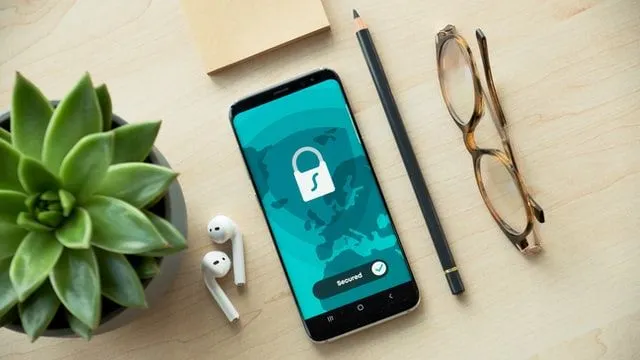- Blog
- Safety tips for online shopping
Safety tips for online shopping

In the last two years, online sales skyrocketed far beyond anyone’s expectations. eCommerce has become a multi-billion dollar industry that is now able to substitute almost every physical store in existence, constantly providing new ways to pay, shop, and find interesting bargains from the comfort of your couch. Despite all of this, there are still a few things you need to check before you click that buy button. Here are just a few of them.
Always check the return policy
Buying online is quite easy. Returning items...not so much. Before buying a product you know you might have to return, such as clothes, electrical appliances, or shoes, make sure the company provides an easy way to return, refund, or change the product you want to get. Some stores take care of the whole process for you while others make it nearly impossible to give the product back or just don’t offer any refunds at all. Yes, we know in this day and age returning an item should be an easy task, but you’d be amazed to know how many websites have terrible return policies. Be smart, dig a little deeper before buying something you might regret.
Be sure the website is secure
This one is for those suspicious sites that offer things that seem too good to be true. While respected and well-known sites are usually safe, some less notorious marketplaces that offer designer clothes, tools or a variety of As-seen-on-tv products can end up stealing your data and personal information. The best way to know if the site is secure is to check for the padlock symbol, the website address should always start with https:// and the site must appear on a simple google search.
When in doubt, always credit, never debit
When shopping on a site that you haven't tried yet, always go for the credit card. That way, if they ever steal your data or make a suspicious purchase, you can report the incident, cancel the card and get your money back. Paying with debit means that your money gets transfered almost instantly and getting that amount back will be a lot harder and slower than you might think. Another alternative is to use payment methods like PayPal, that way, scammers will not be able to get hold of your bank details.
Use different passwords
According to cybersecurity experts, users tend to use the same password for every website. This is a critical mistake. Although it might take some time and probably some memory to have different passwords, if you ever get hacked, you can be sure the problem won't extend to your other accounts and services. If you have trouble remembering too many passwords, try using different numbers, adding a comma or a capital letter to mix things up. Sure, it is not nearly as comfortable as a one size fits all password, but it's 100 times safer. You might also want to add a two step password protection on sites that allow this kind of access to make your account even harder to crack.
blog.latest_articles
CATEGORIES
Copyright © 2026 My Deals 365. All rights reserved. It is forbidden to copy or reproduce the texts without prior written agreement. Product photos, images and brochures are for illustrative purposes only. Discounted prices come from official distributors listed on this site. Offers are valid from and until the expiration date or while supplies last. The purpose of this site is informative and cannot be used to claim the products. Prices may vary depending on the location.


